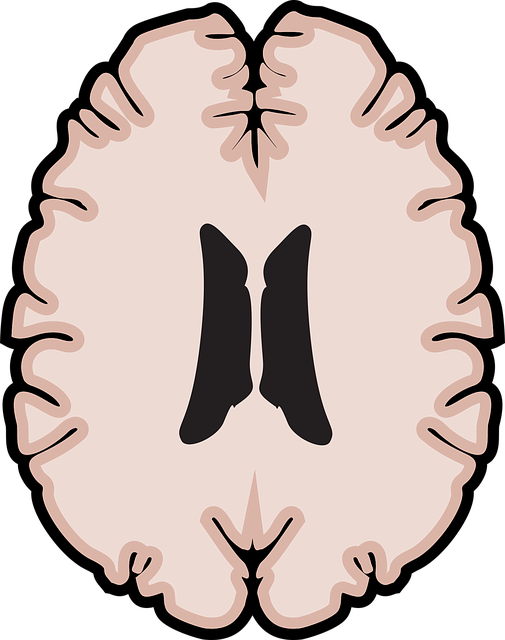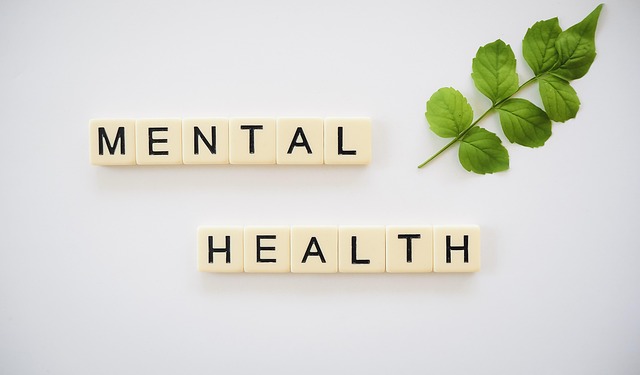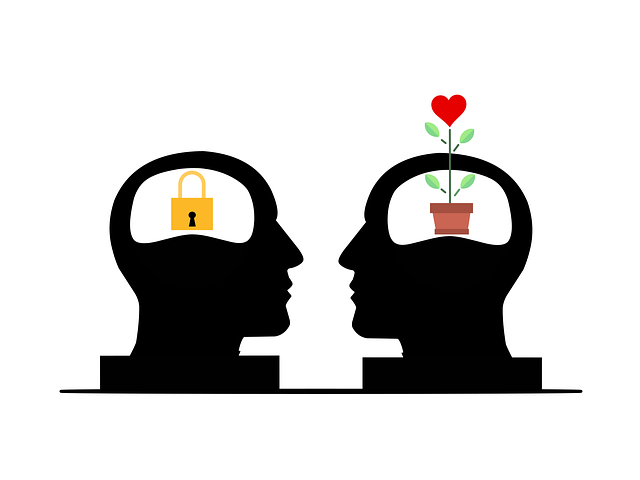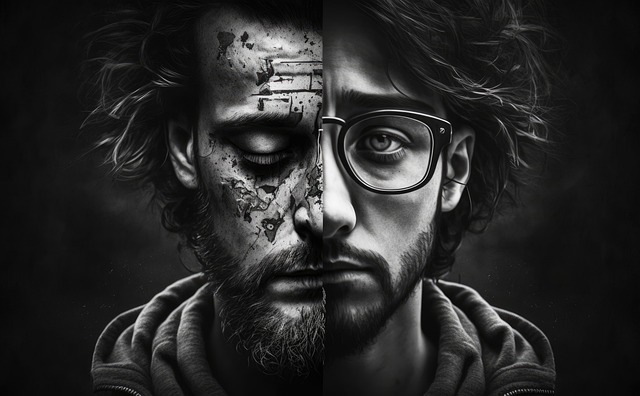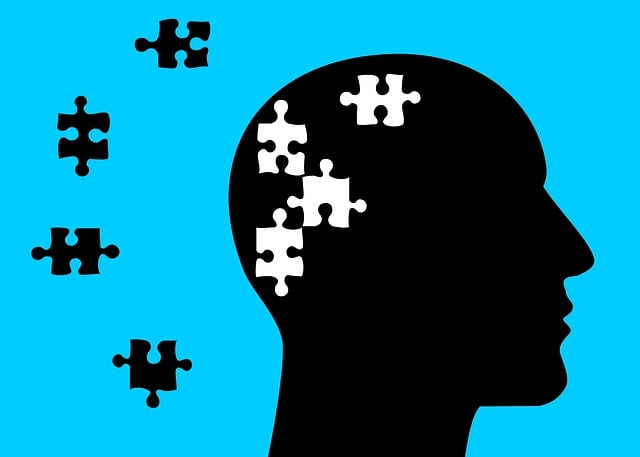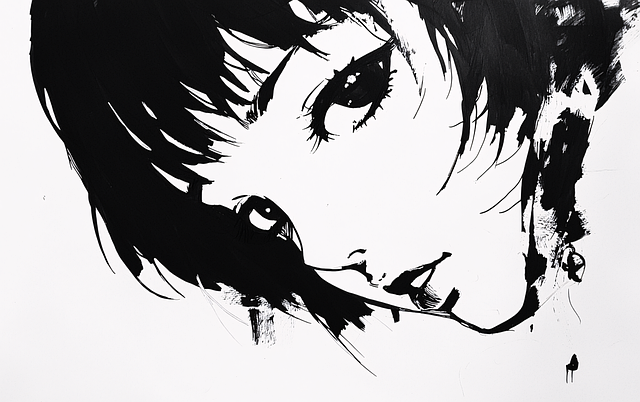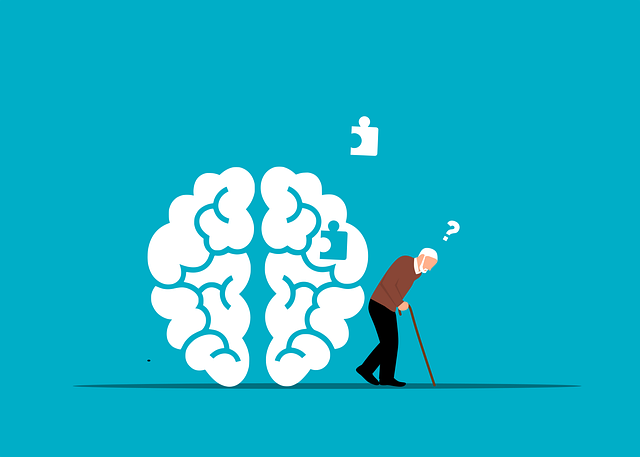The text highlights the impact of media representation on public perception of mental illness, particularly Golden Oppositional Defiance Disorder (GODD). Inaccurate portrayals, such as stereotyping or oversimplifying GODD, contribute to stigma and hinder access to support. The media has a powerful role in promoting understanding through balanced, nuanced representations emphasizing early intervention and education. Effective GODD therapy requires personalized strategies, healthcare provider burnout prevention, and policy improvements for better outcomes. Realistic media portrayals of therapy options, support groups, and self-care can drive positive change, reducing stigma and encouraging help-seeking behaviors.
Mental illness representation in media is a complex landscape, often characterized by stereotypes and misinformation. This article delves into the current state of mental health portrayal, focusing specifically on Golden Oppositional Defiance Disorder (GODD). We explore challenges like biased narratives and lack of nuanced representations, hindering understanding and empathy. Furthermore, we present strategies to promote positive change, emphasizing the importance of accurate depiction for effective GODD therapy and improved mental health awareness.
- Understanding Mental Illness Representation in Media: The Current State
- Golden Oppositional Defiance Disorder (GODD): A Focused Look
- Challenges and Barriers to Accurate Portrayal
- Strategies for Promoting Positive Change and Effective Therapy
Understanding Mental Illness Representation in Media: The Current State

In today’s media landscape, mental illness representation has been a topic of growing interest and scrutiny. The current state of portrayal often falls short of accurate and nuanced depictions, leading to various challenges in public understanding. Many media outlets still perpetuate stereotypes or, worse, neglect to portray the complexities of conditions like Oppositional Defiant Disorder (ODD). This discrepancy can hinder efforts to reduce stigma and encourage support for those seeking therapy.
The media’s role in shaping societal perceptions is significant. Positive thinking and mental health education programs design that emphasize early intervention can be powerful tools in combating mental illness. However, without balanced representation, these initiatives risk being undercut by inaccurate or incomplete portrayals. Adopting mind over matter principles, the media has the potential to foster a more inclusive and supportive environment for individuals with ODD and other mental health challenges, ultimately paving the way for effective therapy and improved outcomes.
Golden Oppositional Defiance Disorder (GODD): A Focused Look

Golden Oppositional Defiance Disorder (GODD) is a complex mental health condition that often goes unnoticed or misdiagnosed due to its subtle yet powerful impact on individuals’ lives. This disorder, characterized by chronic patterns of argumentative and defiant behavior, can significantly affect relationships and daily functioning. GODD challenges conventional therapy approaches; thus, a nuanced understanding and tailored treatment strategies are essential for effective management.
The journey towards healing begins with increased self-awareness exercises that help individuals recognize the underlying triggers and emotional responses fueling their oppositional behaviors. Burnout prevention strategies for healthcare providers involved in treating GODD are crucial to ensure they can offer compassionate and consistent care. Moreover, advocacy for mental health policy analysis is vital to improve access to specialized therapy options, such as cognitive-behavioral interventions, which have shown promise in managing GODD symptoms. Through comprehensive approaches combining personalized therapy, support systems, and robust mental health policies, individuals with GODD can achieve better outcomes and lead fulfilling lives.
Challenges and Barriers to Accurate Portrayal

Media representation of mental illness plays a significant role in shaping public perception and understanding. However, several challenges and barriers hinder the accurate portrayal of complex psychological conditions. One of the primary issues is the tendency to perpetuate stereotypes or oversimplify disorders, leading to misinformed audiences. For instance, depicting characters with Golden Oppositional Defiance Disorder (GODD) as solely rebellious or manipulative without exploring underlying causes and potential therapy paths can be misleading.
Accurate representation requires a nuanced approach that goes beyond surface-level symptoms. Many media platforms often struggle to portray the diverse range of experiences within a single disorder, failing to acknowledge individual differences in manifestation and treatment responses. This is particularly crucial when discussing therapy options, as specific approaches like Cognitive Behavioral Therapy (CBT) or Compassion Cultivation Practices can vary greatly in effectiveness depending on the person and their unique challenges. Incorporating realistic portrayals of stress management workshops organized by support groups or communities can also foster a more comprehensive understanding of mental health journeys.
Strategies for Promoting Positive Change and Effective Therapy

Media representation plays a pivotal role in shaping societal perceptions about mental health. To foster positive change, it’s crucial to highlight effective therapy approaches, such as Golden Oppositional Defiance Disorder (GODD) Therapy. This specialized treatment focuses on improving communication strategies between patients and healthcare providers, addressing underlying issues that contribute to GODD symptoms. By promoting these innovative practices, media can help reduce the stigmatization often associated with mental illness.
Additionally, incorporating burnout prevention strategies for healthcare providers in media narratives is essential. Showing how professionals prioritize their own mental wellness through self-care and support systems can inspire viewers and encourage them to seek help. Such representation not only normalizes therapy but also underscores the importance of a holistic approach to mental health care. Through these avenues, media has the power to catalyze meaningful conversations and drive effective solutions for managing and understanding mental illness.
Media representation of mental health plays a pivotal role in shaping public perception. While challenges like stereotyping and misinformation persist, particularly with conditions such as Golden Oppositional Defiance Disorder (GODD), there is hope through proactive strategies. By fostering collaboration between professionals, media creators, and advocates, we can achieve more accurate and empathetic portrayals. Implementing these changes will not only improve societal understanding but also enhance the accessibility and effectiveness of GODD therapy for those in need.
